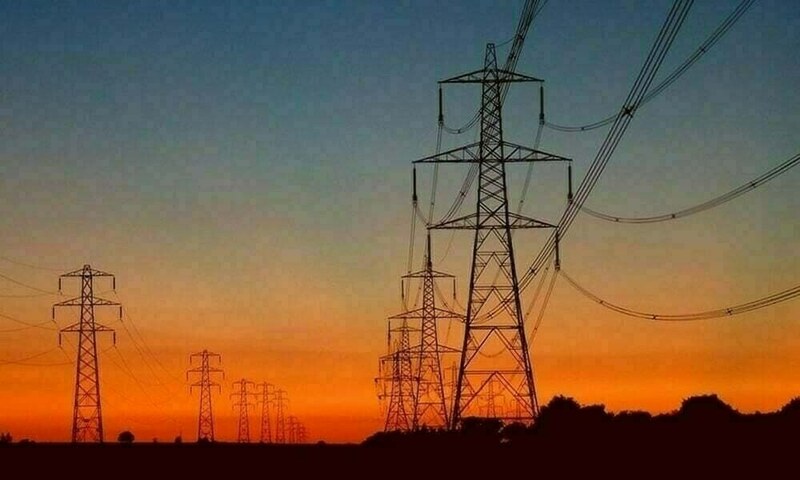ISLAMABAD: Three electricity distribution companies – Iesco, Fesco and Gepco – will be ready for privatisation by the end of December this year.
This was stated by an official of the Power Division in the National Assembly Standing Committee on Economic Affairs’ meeting held under the chairmanship of Muhammad Atif Khan.
Additional Secretary Power Division Mehfooz Bhatti, in his presentation, told the committee that along with Privatisation Commission, the Power Division is working on the privatisation of all 10 Discos.
He said that the privatisation process of Islamabad Electric Supply Company (Iesco), Gujranwala Electric Power Company (Gepco) and Faisalabad Electric Supply Company (Fesco) is already in advance stage.
“The due diligence process of these three Discos is in final stage and Financial Advisor has also been hired,” he said.
The official said as per his information, the Privatisation Commission is working on the financial structure and by December this year, Expressions of Interest (EOIs) would be invited and terms and conditions of sale purchase agreement will also be finalised.
Chairman Committee Atif Khan said that no one is stopping the government from privatising the Discos but it does not mean hiring in these Discos should be stopped.
He said in his constituency for hundreds of kilometers there is only one lineman and because of this people were facing a lot of hardship in getting their complaints addressed.
The Power Division official clarified that their ministry did not stop any Disco from hiring necessary staff.
MNA Sher Ali Arbab said that as per his knowledge there are 80,000 vacancies in all 10 Discos but Prime Minister Shehbaz Sharif has given approval to hire only 20,000-25,000 personnel to keep things afloat.
Members, unanimously, expressed concern over the methodology that exclusively targets Discos with minimal transmission and distribution losses for privatisation.
The committee emphasised that by limiting privatisation to only the most efficient utilities, the government would be compelled to retain chronically underperforming Discos, thereby, exacerbating existing operational challenges and making their eventual privatisation virtually unattainable.
The Power Division official informed the committee that their current installed capacity is 39,952 MW that includes 46 percent from clean energy and 54 percent from fossil.
The power sector informed that there is overreliance on fossil than clean energy.
The Power Division presented a comprehensive overview of Pakistan’s current power generation capacity to the Standing Committee, reporting a total installed capacity of 39,952 MW.
The energy mix analysis revealed a concerning imbalance, with fossil fuel-based generation accounting for 54 percent compared to just 46 percent from clean energy sources.
The committee was informed that Pakistan’s power sector currently faces a significant surplus of approximately 7,000 to 8,000 MW in electricity generation capacity.
Members expressed serious concern over the substantial financial burden imposed by capacity payments for this unused electricity, which continues to strain the national exchequer despite serving no practical purpose.
The committee members raised serious concerns regarding the inequitable distribution of development projects and budget allocations for Khyber Pakhtunkhwa in the proposed federal budget for 2025-26.
The committee noted with concern that while KP has a substantially larger population than Gilgit-Baltistan (GB), both regions have been allotted only two new projects each, reflecting an unjust disparity.
Furthermore, the budgetary allocations for development projects across provinces revealed that Balochistan receiving Rs209.6 billion, Punjab Rs76.6 billion, Sindh Rs145.9 billion, and KP Rs30.843 billion.
The Economic Affairs Division (EAD) informed the committee that it has filed appeals and interim relief applications, with hearings ongoing and the next scheduled for September 2025.
Meanwhile, the EAD has sought the federal cabinet’s in-principle approval for a new legislative framework, the “Foreign Contributions (NGOs and NPOs) Regulation Act, 2025,” to address the legal gaps.
Copyright Business Recorder, 2025
